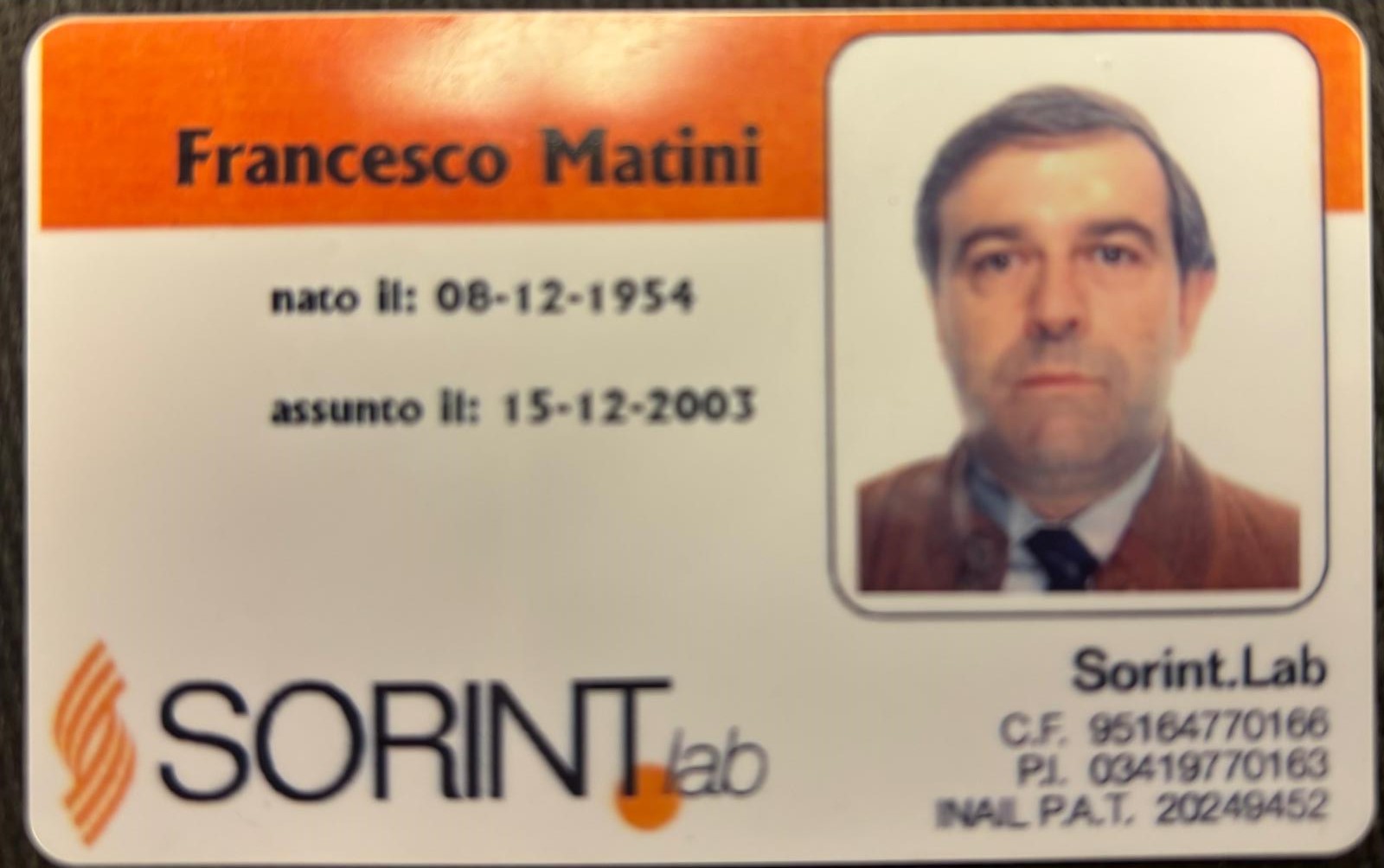Sorint guidelines on Public Discourse
-
luca Pedrazzini
- 27 May, 2018
- 05 Mins read

SORINT Guidelines on Public discourse
[see note1]
Many of us at SORINT are doing work that could change the world. Contributing to online communities by blogging, wiki posting, participating in forums, social networks, developing in github, stack overflow…etc., is a good way to do this. You are encouraged to tell the world about your work, without asking permission first, but we expect you to read and follow the advice in this note.
Advice
By speaking directly to the world, without prior management approval, we are accepting higher risks in the interest of higher rewards. We don't want to micro-manage, but here is some advice that we expect you to follow to help you manage that risk.
It's a Two-Way Street
The goal isn't to get everyone at SORINT contributing online, it's to become part of the industry conversation. So, if you are going to write, look around and do some reading first, so you learn where the conversation is and what people are saying. Remember the Web is all about links; when you see something interesting and relevant, link to it; you'll be doing your readers a service, and you'll also generate links back to you; a win-win.
Don't Tell Secrets
Anything you post is accessible to anyone with a browser or an App. Some sites have a restricted content feature, but keep in mind that external content is NOT as secure as content that resides on a protected inTRAnet — you are responsible for the content you post and the restricted spaces you manage. Common sense at work here; it's perfectly OK to talk about your work and have a dialog with the community, but it's not OK to publish the recipe for one of our “secret sauces”. Content requiring a non-disclosure agreement or considered SORINT Proprietary should NOT be published on SORINT’s community sites — even in spaces set up to restrict access to SORINT employees only. If the judgment call is tough, on secrets or other issues discussed here, it's never a bad idea to get management help before you publish.
No Comment
Do not comment on work-related legal matters unless you are SORINT official spokesperson for the matter, and have SORINT legal and management approval to do so. Policies Apply: SORINT ethic code and all the SORINT internal rules continue to apply.
Be Respectful
Whether in the actual or a virtual world, your interactions and discourse should be respectful. For example, when you are in a virtual world as a SORINT representative, your avatar should dress and speak professionally . We all appreciate actual respect.
Be Interesting, but Be Honest
Writing is hard work. There's no point doing it if people don't read it. Fortunately, if you're writing about a product, a service or a solutions that a lot of people are interested in, or are waiting for, and you know what you're talking about, you're probably going to be interesting. And because of the magic of linking and the Web, if you're interesting, you're going to be popular, at least among the people who understand your specialty. Another way to be interesting is to expose your personality; almost all of the successful online voices write about themselves, about families or movies or books or games; or they post pictures. People like to know what kind of a person is writing what they're reading. Once again, balance is called for; a community site is a public place and you should avoid embarrassing the company and community members. One of SORINT’s core values is integrity, so review and follow SORINT Ethic Code in your online community contributions.
Write What You Know
The best way to be interesting, stay out of trouble, and have fun is to write about what you know. If you have a deep understanding of some chunk of containers, Linux or DevOps and Agile, it's hard to be boring or get into too much trouble writing about that. On the other hand, an Openshift architect who publishes rants on marketing strategy or tax policy has a good chance of being embarrassed by a real expert, or of being boring.
Don't Write Anonymously
If you comment publicly about any issue in which you are engaged in your capacity as a SORINT employee, even loosely, you must make your status as a SORINT employee clear. You should also be clear about whether, in such commentary, you are speaking for yourself (presumably the normal case) or for SORINT.
Business Outlook Rules
There are all sorts of laws about what we can and can't say business-wise. Talking about revenue, future service delivery dates, pricing decisions, roadmaps, unannounced financial results or similar matters is apt to get you, the company, or both, into serious legal trouble. Stay away from financial topics and predictions of future performance.
Quality Matters
Use a spell-checker. If you're not design-oriented, ask someone who is and take their advice on how to improve. You don't have to be a great or even a good writer to succeed at this, but you do have to make an effort to be clear, complete, and concise. Of course, "complete" and "concise" are to some degree in conflict; that's just the way life is. There are very few first drafts that can't be shortened, and improved in the process.
Think About Consequences
The worst thing that can happen is a SORINT sales pro is in a meeting with a hot prospect, and someone on the customer's side pulls out a print-out of something you've posted and says "This person at SORINT says that service sucks." In general, "XXX sucks" is not only risky but unsubtle. Saying "Our SRE needs to have a easy way to be contacted" is fine; saying "The XYZ product we just installed sucks" is just amateurish. Once again, it's all about judgment. Using your public voice to trash or embarrass the company, our customers, your co-workers, or yourself is not only dangerous, but not very smart.
Moderating
Some community sites, such as wikis, require a SORINT employee moderator. Optional moderation on other sites such as a group blog and forum can add value by maintaining content organization and responding to ongoing decisions and questions. The goal of moderating is to "guide and nurture" not "command and control."
Other People's Information
It's simple — other people's information belongs to them (be it Intellectual Property or Personal Information). It's their choice whether to share their material with the world, not yours. So, before posting someone else's material, check with the owner for permission to do this. If you're unsure, ask your SORINT leader.
Disclaimers
Many employees put a disclaimer on their front page saying who they work for, but that they're not speaking officially. This is good practice, but don't count on it to avoid trouble; it may not have much legal effect. Community sites contain material written by SORINT employees and are governed by company policies. When employees leave SORINT, material written during their employment normally remains in place and is subject to the same policies.
Foundamentals
- Don’t write names or informations about our customer, partner or even competitors, unless with written authorization
- Respect people!
- Be respectful of copyright and reserved material for any dubt please ask people_at_sorint_._it
[note1]Inspired/based by: Sun Guidelines on Public Discourse a fantastic Sun Microsystems' document!



![Clean Code: Manuale per un Codice di Qualità [1/12]](/storage/media/fb9d400303282148ed861968781dbe8c/2-Code_like_SORINTian_Clean_SORINT.lab.png)



